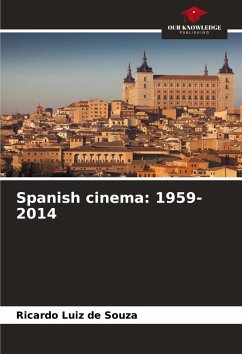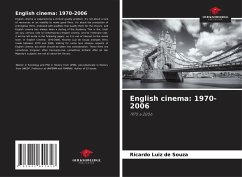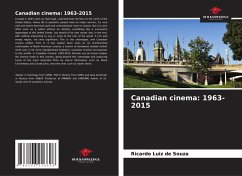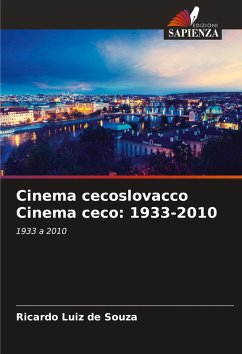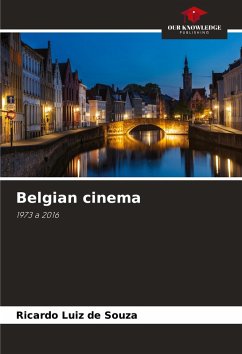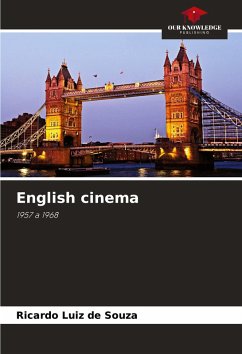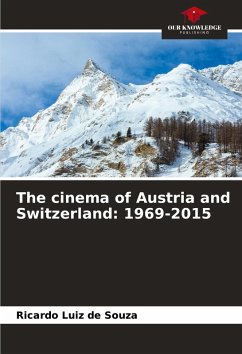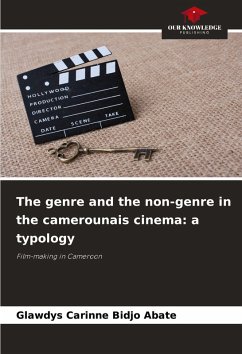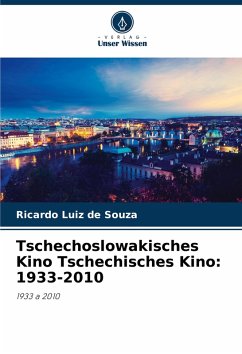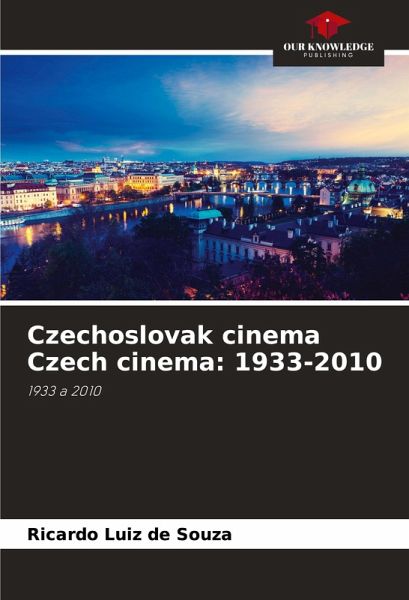
Czechoslovak cinema Czech cinema: 1933-2010
1933 a 2010
Versandkostenfrei!
Versandfertig in 6-10 Tagen
33,99 €
inkl. MwSt.

PAYBACK Punkte
17 °P sammeln!
Czechoslovak cinema experienced a golden age in the 1960s, both in qualitative terms and in terms of international recognition, when it won two successive Oscars for Best Foreign Film and made the festival circuit with a bang and admiration that included awards and hype at Cannes. This phase began in the early 1960s and had a precise end; the day the Warsaw Pact tanks invaded the country, putting an end to the Prague Spring. From this moment on, some filmmakers remained in the country, filming in much more difficult conditions, while others, as is customary after an authoritarian coup, went in...
Czechoslovak cinema experienced a golden age in the 1960s, both in qualitative terms and in terms of international recognition, when it won two successive Oscars for Best Foreign Film and made the festival circuit with a bang and admiration that included awards and hype at Cannes. This phase began in the early 1960s and had a precise end; the day the Warsaw Pact tanks invaded the country, putting an end to the Prague Spring. From this moment on, some filmmakers remained in the country, filming in much more difficult conditions, while others, as is customary after an authoritarian coup, went into exile, mainly to Hollywood, where only Milos Forman managed to pursue a remarkable career. Ricardo Luiz de Souza works on Czechoslovak cinema, emphasising the 1960s, i.e. its golden age, but he also pays attention to films that were produced later and that sometimes managed to match the great films produced at the time.





